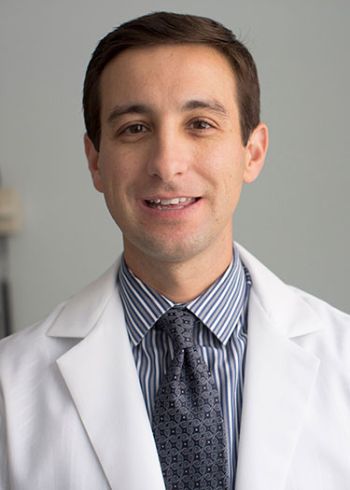
WASHINGTON (Sept. 10, 2014) — Making sure patients receive correct treatment and care is an essential tenant of current health care reforms. Thanks to a $2 million grant from the National Institutes of Health (NIH), George Washington University (GW) researcher Steven Farmer, M.D., Ph.D., will study the effect of malpractice risk and financial incentives on cardiac testing, which will inform ongoing state malpractice reforms and federal payment reform.
Over the next five years, Farmer will explore the effects of medical malpractice on ‘defensive medicine,’ where physicians do testing for the purpose of preventing a lawsuit rather than because they think the test is needed. He will also assess the impact of financial incentives on cardiovascular testing.
“Physicians and health care providers have multiple motivations for testing, first and foremost for the patient benefit,” said Farmer, associate professor of medicine at the GW School of Medicine and Health Sciences and associate professor of health policy at the Milken Institute School of Public Health at GW. “However, there is a good deal of evidence to suggest that physicians also respond to financial incentives and frequently report they test patients because of concern for malpractice and lawsuits.”
Farmer will explore three interrelated motivations for testing:
- Patient benefit
- Financial incentives
- Malpractice liability
The implications of this study are important to health care reform, as emerging payment models may promote under testing. If physicians lose money when performing tests, malpractice liability might become essential for patient safety. According to Farmer, under the current system, too often patients are receiving treatments they derive very little benefit from and patients who should be treated are not receiving proper treatments.
“I am thrilled that the NIH has chosen to support work that explicitly looks at the organization of the health care system, the value that the health care system delivers, and how we can improve,” said Farmer. “We’ve assembled a multi-disciplinary team, including attorneys, clinicians, economists, and policy makers from multiple institutions. We have a superb team that will deliver important insights.”
Farmer will work closely with Bernard Black, J.D., Nicholas D. Chabraja Professor at Northwestern University School of Law and Kellogg School of Management.


